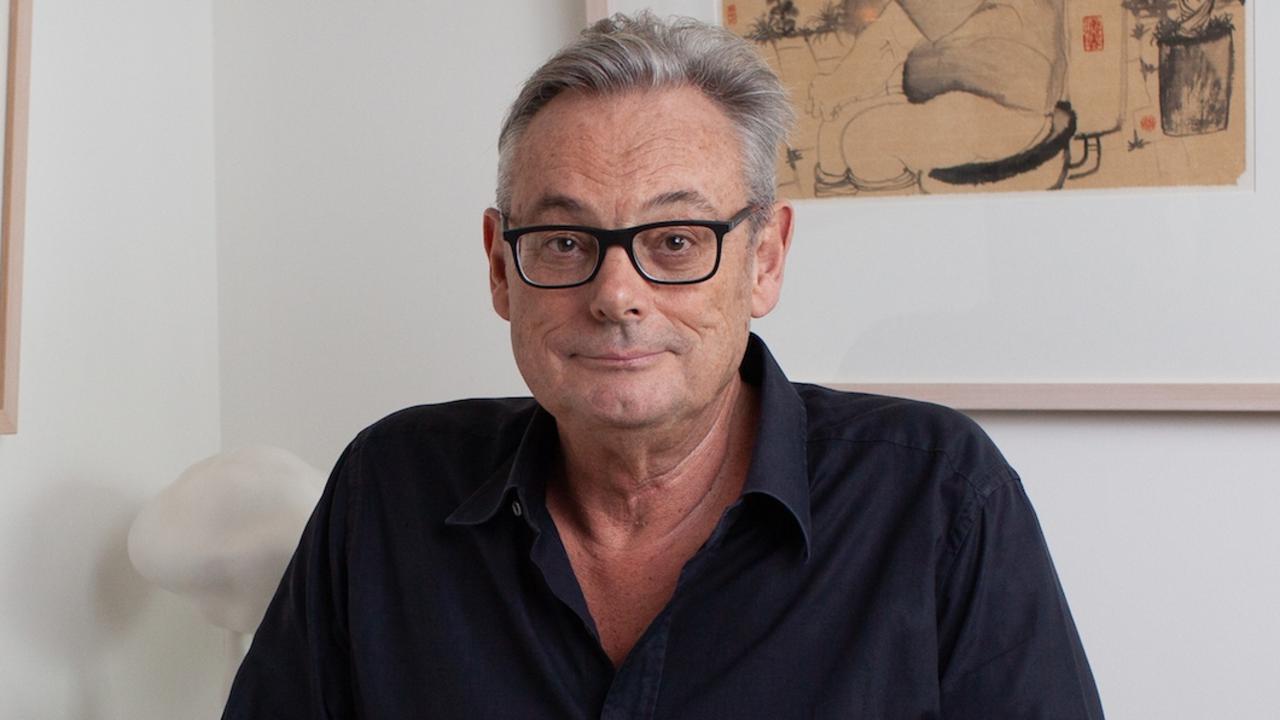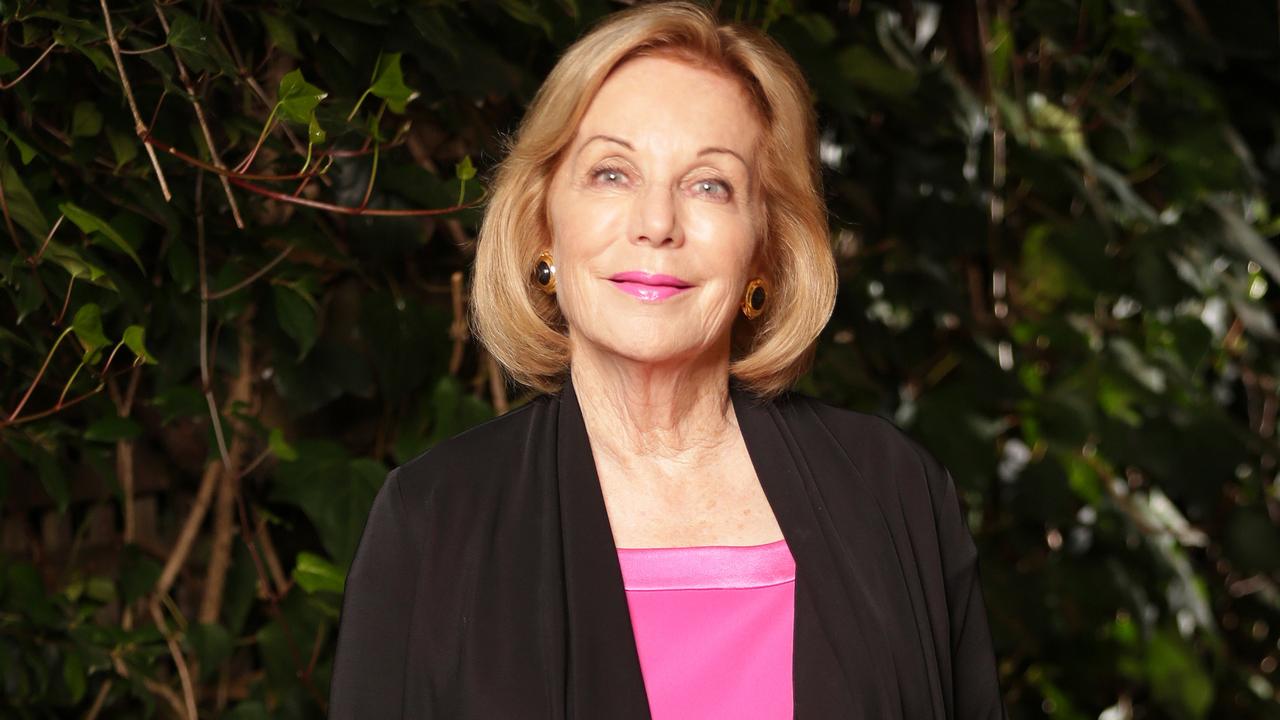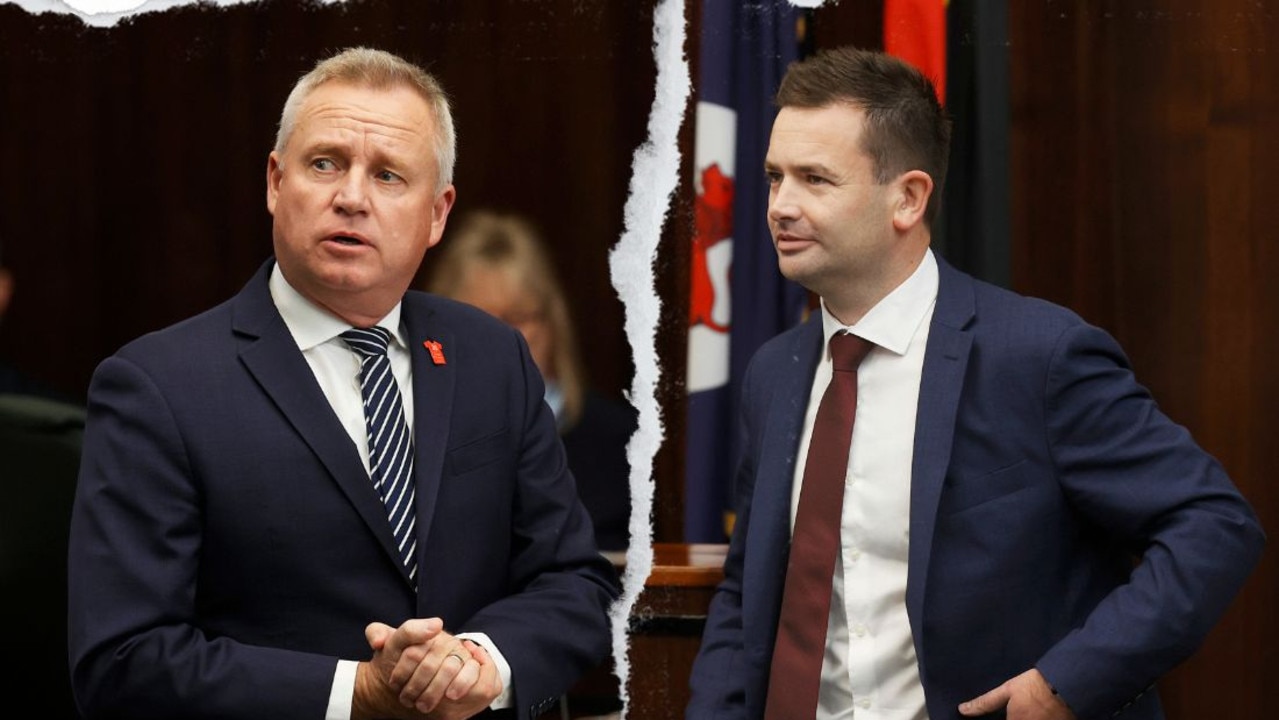Raby’s diplomatic service lauded
Geoff Raby has been awarded an Order of Australia for his distinguished service to Australia-China relations.

It was pure serendipity that led Geoff Raby to a career watching China. And he was so enthralled by what he was witnessing that when his 35 years in the foreign service ended in 2011 he decided to stay in the country that has quickly evolved become Australia’s biggest trading partner and most difficult foreign policy question.
“It is the most challenging the relationship has been since we established diplomatic relations with China” Mr Raby, Australia’s Ambassador to China between 2007 and 2011, says of the trade and geopolitical situation that has developed with China’s economic might and renewed regional ambitions.
Mr Raby is awarded an Order of Australia in the Queens Birthday honours for distinguished service to Australia-China relations through senior diplomatic roles, and to multilateral trade policy development.
His career arc spanned the Tiananmen Square Massacre 30 years ago to the start of talks on a free-trade agreement for the Howard Government in 2007, interspersed with stints establishing the East Asia Analytical Unit and as Australia’s permanent representative to the World Trade Organisation.
Raby says it was his good fortune to enter the foreign service at a time when the Hawke Government was stepping up Australia’s engagement with Asia and particularly with China. An academic economist who had initially been asked to apply for a role in Indonesia, Raby instead became first secretary for economic affairs at the Australian Embassy in Beijing, in 1986, alongside Kevin Rudd, who had a similar role covering political affairs.
When his term as ambassador ended in 2011, he stayed in China to establish Geoff Raby and Associates, as well as taking on non-executive director and advisory roles including Fortescue Metals Group, Macquarie Group, Yancoal and OceanaGold and facilitating cultural exchanges between Australia and China.
Raby says China will always be one of the most difficult countries for Australia to deal with because of the cultural, political and business differences between them, even as they are drawn together by mutual economic interest.
“But it is because the relationship is so important that we have to work so much harder at it.”





To join the conversation, please log in. Don't have an account? Register
Join the conversation, you are commenting as Logout